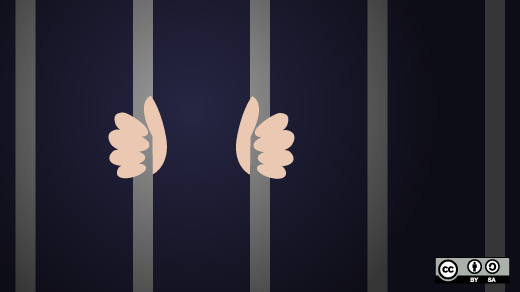Open Source for America has asked the White House to "Free the Code," meaning that the U.S. federal government should share government-developed software under an open source license. OSFA's petition has since expired with not enough votes, but stay tuned for future efforts on this issue.
Three top reasons they say the government should mandate open sourcing of custom federal software are:
Openness: Open Sourcing ensures basic fairness and transparency by making software and related artifacts available to the citizens who provided funding, consistent with the President’s 2009 declaration that “Information maintained by the Federal Government is a national asset.
Economic Multiplier: Provides an economic stimulus by serving as the raw material that supports a competitive software development and services industry.
Supports the Federal “Shared First” Agenda: Maximizes value to the government by significantly increasing reuse and collaborative development between federal agencies and the private sector, consistent with the current Office of Management and Budget (OMB) “Shared First” initiative.







11 Comments